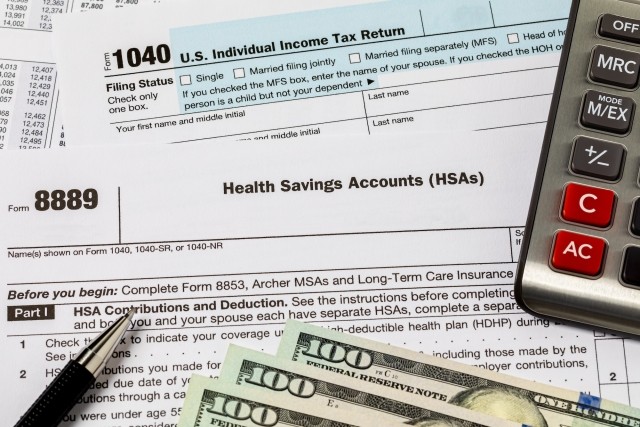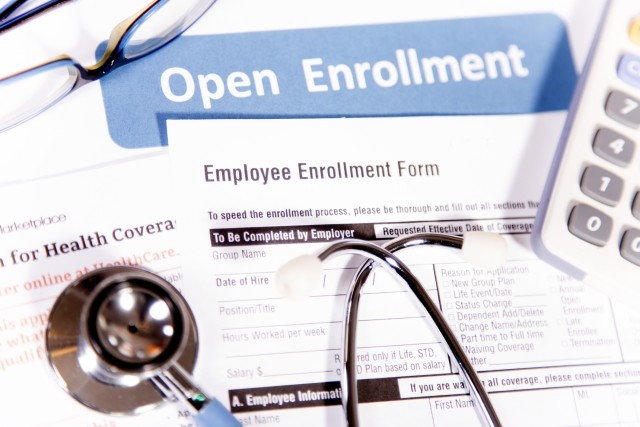Employee Benefits Compliance Alert
Compliance Alert: How Many Years Is A One Year Extension? DOL Clarifies its Disaster Relief Guidance
The Department of Labor (DOL) has released Notice 2021-01, which clarifies the end date for the relief provided in April 2020 under Notice 2020-01. Per the latest guidance, individuals (and plans) are granted relief based on their own fact-specific timeframes and, therefore, may still take advantage of the relief beyond February 28, 2021 until the earlier of (a) 1 year from the date they were first eligible for relief, or (b) 60 days after the announced end of the COVID-19 National Emergency.

As background, in April 2020 the DOL announced that certain deadlines under ERISA were suspended starting March 1, 2020, until 60 days after the announced end of the COVID-19 National Emergency or such other date determined by the agencies (the “Outbreak Period”). The following deadlines applicable to participants and beneficiaries are tolled (paused) during the Outbreak Period:
- The 30-day period (or 60-day period, if applicable) to request a HIPAA special enrollment;
- The 60-day period for electing COBRA continuation coverage;
- The date/deadline for making COBRA premium payments;
- The deadline for individuals to notify the plan of a COBRA qualifying event or determination of disability;
- The deadline within which employees can file a benefits claim, or a claimant can appeal an adverse benefit determination, under the group health plan or disability plan claims procedures described in the plan;
- The deadline for claimants to file a request for an external review after receipt of an adverse benefit determination or final internal adverse benefit determination; and
- The deadline for a claimant to file information to perfect a request for external review upon finding that the request was not complete.
Certain deadlines impacting employers/plan sponsors were also extended, such as the deadline to provide a COBRA election notice, among others. This alert focuses on the deadlines applicable to participants, as we recommend employers send any required notices as soon as practicable despite any extensions available from the DOL.
Section 518 of ERISA allows the DOL to suspend deadlines for a period of up to one year due to a declared public health emergency. Generally, that would mean because the relief was announced effective March 1, 2020, it would end after February 28, 2021. However, the DOL (in coordination with IRS and HHS) has interpreted the one-year relief to apply on an individual or plan basis. Accordingly, individuals and plans are granted relief for their own fact-specific timeframes and, therefore, may still take advantage of relief beyond February 28, 2021 until the earlier of (a) 1 year from the date they were first eligible for relief, or (b) 60 days after the announced end of the National Emergency (the end of the Outbreak Period).
For example, if an employee was required to make a COBRA election by March 1, 2020, they have until the earlier of March 1, 2021 or the end of the Outbreak Period to elect COBRA. Likewise, if someone was required to elect COBRA by March 1, 2021, they will have until the earlier of March 1, 2022 or the end of the Outbreak Period to make an election.
The guidance emphasizes the importance of notifying participants and beneficiaries regarding this relief and how it impacts them. The guidance provides the following examples:
- If a plan administrator or other responsible plan fiduciary knows, or should reasonably know, that the end of the relief period for an individual action is exposing a participant or beneficiary to a risk of losing protections, benefits, or rights under the plan, then they should send a notice regarding the end of the relief period.
- Any required plan disclosures issued prior to or during the pandemic may need to be reissued or amended if they failed to provide accurate information regarding the time in which participants and beneficiaries were required to take action, e.g., COBRA election notices and claims procedure notices.
- Plan sponsors of group health plans should consider ways to ensure that participants and beneficiaries who are losing coverage under their group health plans are made aware of other coverage options that may be available to them, including the opportunity to obtain coverage through the Health Insurance Marketplace in their state.
What Does This Mean For Employers and Group Health Plan Sponsors?
In an already complicated world, things just became increasingly more complicated. Employers should work with their third-party administrators, such as COBRA vendors, to ensure any notices previously provided to individuals are updated pursuant to the new guidance. This includes any COBRA general notices, election notices, grace period notices, SPDs, or other plan materials that may articulate the incorrect deadlines to individuals. Further, employers and administrators should ensure participants and beneficiaries are adequately notified prior to their individualized relief is coming to an end.
About the Author. This alert was prepared for Woodruff Sawyer by Marathas Barrow Weatherhead Lent LLP, a national law firm with recognized experts on ERISA-governed and non-ERISA-governed retirement and welfare plans, executive compensation and employment law. Contact Stacy Barrow or Nicole Quinn-Gato at sbarrow@marbarlaw.com or nquinngato@marbarlaw.com.
The information provided in this alert is not, is not intended to be, and shall not be construed to be, either the provision of legal advice or an offer to provide legal services, nor does it necessarily reflect the opinions of the agency, our lawyers or our clients. This is not legal advice. No client-lawyer relationship between you and our lawyers is or may be created by your use of this information. Rather, the content is intended as a general overview of the subject matter covered. This agency and Marathas Barrow Weatherhead Lent LLP are not obligated to provide updates on the information presented herein. Those reading this alert are encouraged to seek direct counsel on legal questions.
© 2021 Marathas Barrow Weatherhead Lent LLP. All Rights Reserved.
Table of Contents








